A new study led by Dr. Faizal Adams of the Agricultural Economics, Agribusiness and Extension has shown that access to credit plays a significant role in helping cocoa farmers in Ghana adopt artificial hand pollination (AHP) technology.
According to the study, although a government-sponsored AHP in Ghana piloted between 2017 and 2021 with encouraging results, adoption levels remain low due to high operational costs and lack of financing options for smallholder farmers.
The research, published in the journal Environment, Development and Sustainability, examined how financial constraints are limiting the uptake of AHP among farmers in the Western North Region, despite the technology’s success in boosting cocoa productivity.
The study gathered data from 399 cocoa farmers during the 2023 cocoa using a multi-stage sampling technique and a structured questionnaire.
The findings reveal that credit access significantly increases the likelihood of adopting AHP technology, highlighting its potential to improve cocoa productivity and farmers' incomes.
The study further revealed that AHP adoption is shaped by factors such as farmer age, education level, farm size, household structure, access to labour, cocoa yields, and participation in farmer-based organisations (FBOs).
It also highlighted bureaucratic bottlenecks in loan application processes as major barriers to credit access.
The researchers recommend simplified lending procedures, better support for FBOs, and targeted awareness campaigns to promote the benefits of AHP technology.
Access to credit key to adoption of artificial pollination in cocoa farming in Ghana
News
Research
| Published: 5th August 2025
Share
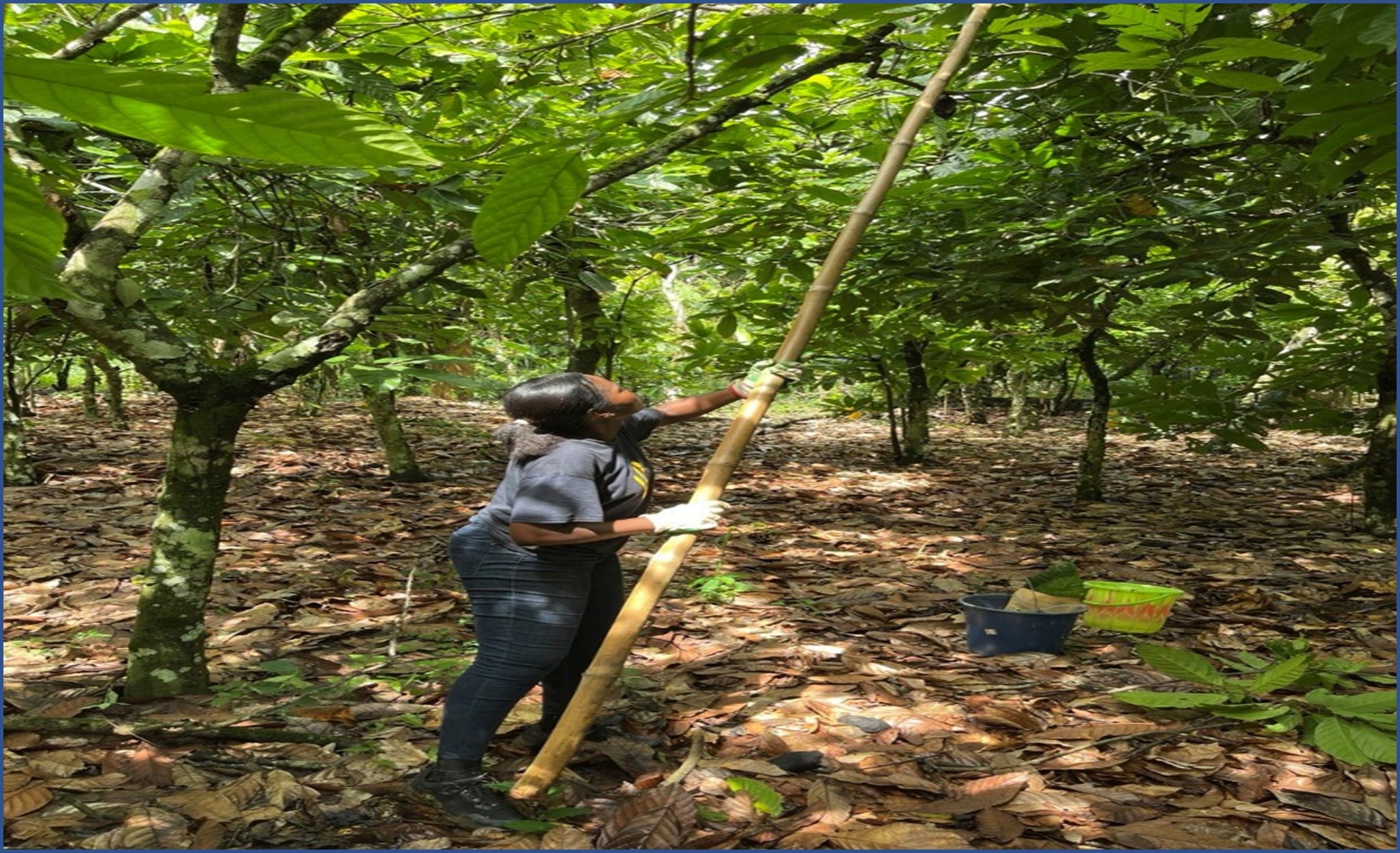

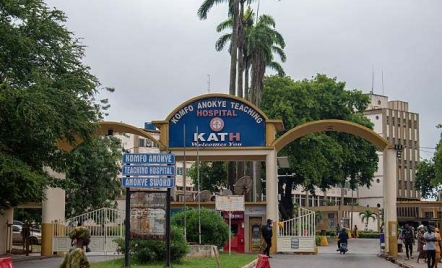
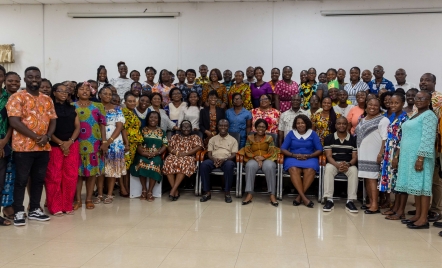
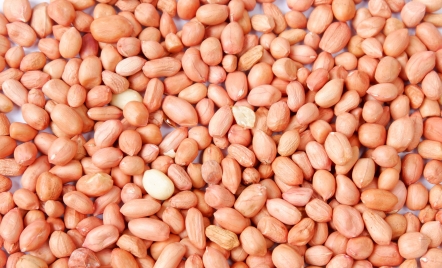
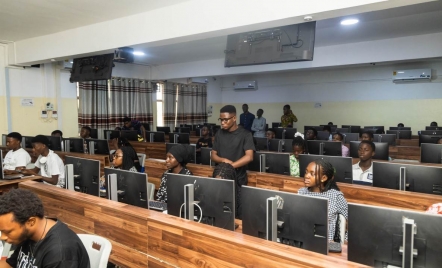
Comments